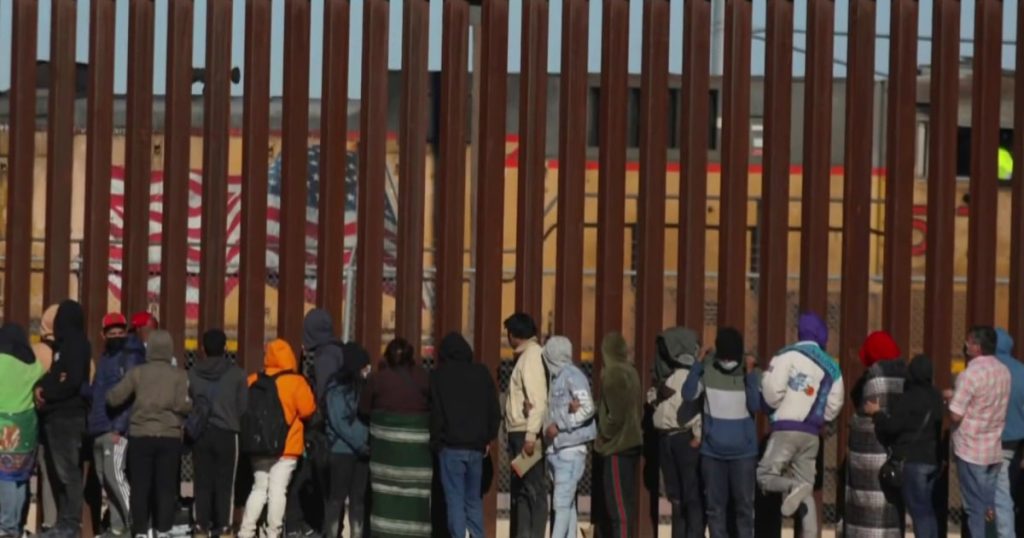In this piece, we explore the impacts of climate change on various aspects of our lives, from the economy to human health and the environment. The effects of climate change are far-reaching and encompass a wide range of societal issues that will only worsen if action is not taken. Rising global temperatures are contributing to extreme weather events, such as hurricanes, droughts, and wildfires, which not only endanger lives but also have severe economic consequences. These natural disasters are becoming more frequent and more intense due to climate change, leading to a higher demand for emergency response resources and an increase in insurance costs.
Furthermore, climate change is also affecting our food supply, as changing weather patterns disrupt agricultural production, leading to lower crop yields and food shortages. This can have devastating consequences for communities that rely on agriculture as their main source of income and food security. Additionally, the health impacts of climate change cannot be ignored, as rising temperatures are linked to an increase in heat-related illnesses, the spread of infectious diseases, and poor air quality. Vulnerable populations, such as the elderly, children, and those with existing health conditions, are particularly at risk from these health impacts.
The environment is also suffering as a result of climate change, with ecosystems being disrupted, species facing extinction, and natural habitats being destroyed. This loss of biodiversity has widespread implications for the planet, as ecosystems provide vital services such as clean water, pollination, and carbon sequestration. As climate change continues to worsen, these ecosystems will come under more strain, threatening the stability of our planet’s natural systems. In addition, rising sea levels are accelerating coastal erosion and threatening the existence of low-lying islands and coastal communities.
Moreover, the economic impacts of climate change are already being felt, with the costs of natural disasters and extreme weather events increasing every year. Businesses are also feeling the effects of climate change, as supply chains are disrupted, infrastructure is damaged, and insurance premiums rise. The transition to a low-carbon economy is becoming increasingly urgent, as the costs of inaction far outweigh the costs of taking action to mitigate and adapt to climate change. The shift towards renewable energy sources and sustainable practices is essential to not only combat climate change but also create new economic opportunities and jobs in emerging industries.
It is crucial that governments, businesses, and individuals work together to address the challenges posed by climate change and take urgent action to reduce greenhouse gas emissions and build resilience in the face of climate impacts. This will require a concerted effort to transition to a more sustainable and low-carbon economy, investing in green technologies, and adopting climate-friendly policies. By taking action now, we can help mitigate the worst effects of climate change and protect the future of our planet for generations to come. The time for action is now, and we must all do our part to combat climate change and create a more sustainable future.


